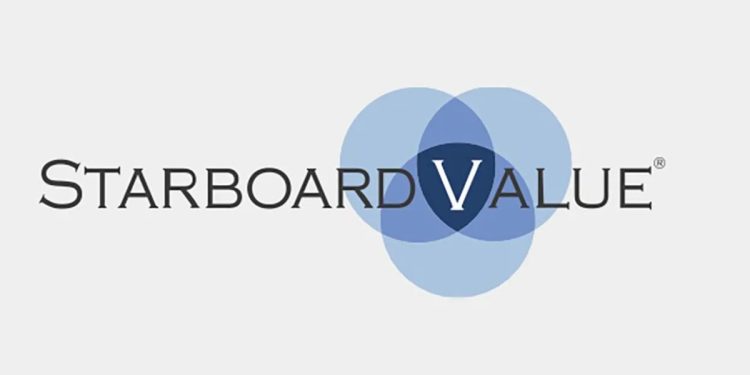Hard times to starboard Value. Just a few years ago, such funds, which occupy large positions in publicly traded companies and then aggressively call for major changes to release value, were offered as a panacea for low-performing companies.
But the flower may be out of the rose. Activist funds face greater stakeholder resistance, which may be skeptical that the proposed “reforms” are indeed in their interest. In particular, the leading Starboard Value activist hedge fund, which boasts assets of more than $ 7 billion and has made it to more seats on the boards of publicly-traded companies than any of its counterparts, has found itself in an unusual place: losses. side of the high-profile proxy fight – not once, but twice.
Refused to elect any of Starboard’s five nominees to the board of directors, deciding to elect all 10 candidates supported by the current Huntsman management team. And in September 2021, the software company Box Inc. easily defeated the list of candidates for Starboard’s board of directors. Ending the hedge fund’s efforts to take control of the company.
Huntsman was able to push against Starboard’s arguments by pointing to impressive earnings, profits, margin growth, and management’s promise to increase shareholder value through share repurchases. Box also made solid gains shortly before the shareholders’ vote. But shareholders probably didn’t notice Starboard’s records of influencing or managing software companies. After taking over the seats on the board were anything but impressive.
Over the past five years, Starboard has served on the boards of four software companies: Comscore, Symantec, Commvault, and eHealth. The average return for the four shares since Starboard’s involvement is -37.8%; the longest holding. Comscore has lost 94% of its value since Starboard began providing its expertise in July 2017.
It’s a stark contrast to Starboard’s most famous success story.
The activist hedge fund took over Darden Restaurants. The owner of the Olive Garden chain, by gaining all the seats on its board of directors in October 2014. The large-scale shareholder coup was preceded by the now legendary 294-page presentation of Starboard value, which called for changes in detail, such as a reduction in the number and frequency of bars served in Italian restaurants. In the years following the power play Starboard, Darden did much better, strengthening the hedge fund’s reputation. Shares of Starboard-led Darden rose nearly 200%.
It is possible that the complexity of the software business is more complicated than counting bread sticks. Starboard acquire Symantec in security software (now Norton LifeLock) in November 2018. Starboard executive and research leader Peter Feld continue to sit on its board. Nevertheless, after a series of asset sales and restructurings, Norton shares have almost stagnated since then – a period during which the broad stock market grew by almost 50%, including this year’s correction.
High stakes game
The Starboard Handbook is fairly standard: a hedge fund declares a stake in a company filed with the SEC. Then quickly proceeds to enforce the change. Often with a letter or presentation outlining a diagnosis of the company’s alleged underperformance. In January 2022, for example, Starboard declared a 7.3% stake in aerospace and defense technology giant Mercury Systems. At the same time, it demanded that the company abandon the shareholder rights plan and promote greater corporate control. The next step, if history is a guide: The Right Side nominates. Its own list of candidates for the Mercury Systems Board of Directors and submits detailed proposals promising impressive returns if Starboard comes under control.
Despite these good-faith requests over the course of many discussions. Starboard has refused to allow us access to its nominees, indicating that we must first agree in advance to add right-wing nominees to our board. This assumption impedes progress and prevents the LivePerson Board of Directors from evaluating Starboard’s candidates to ensure that the Board has the best combination of skills and experience to oversee the Company’s long-term strategy and deliver shareholder value.
















